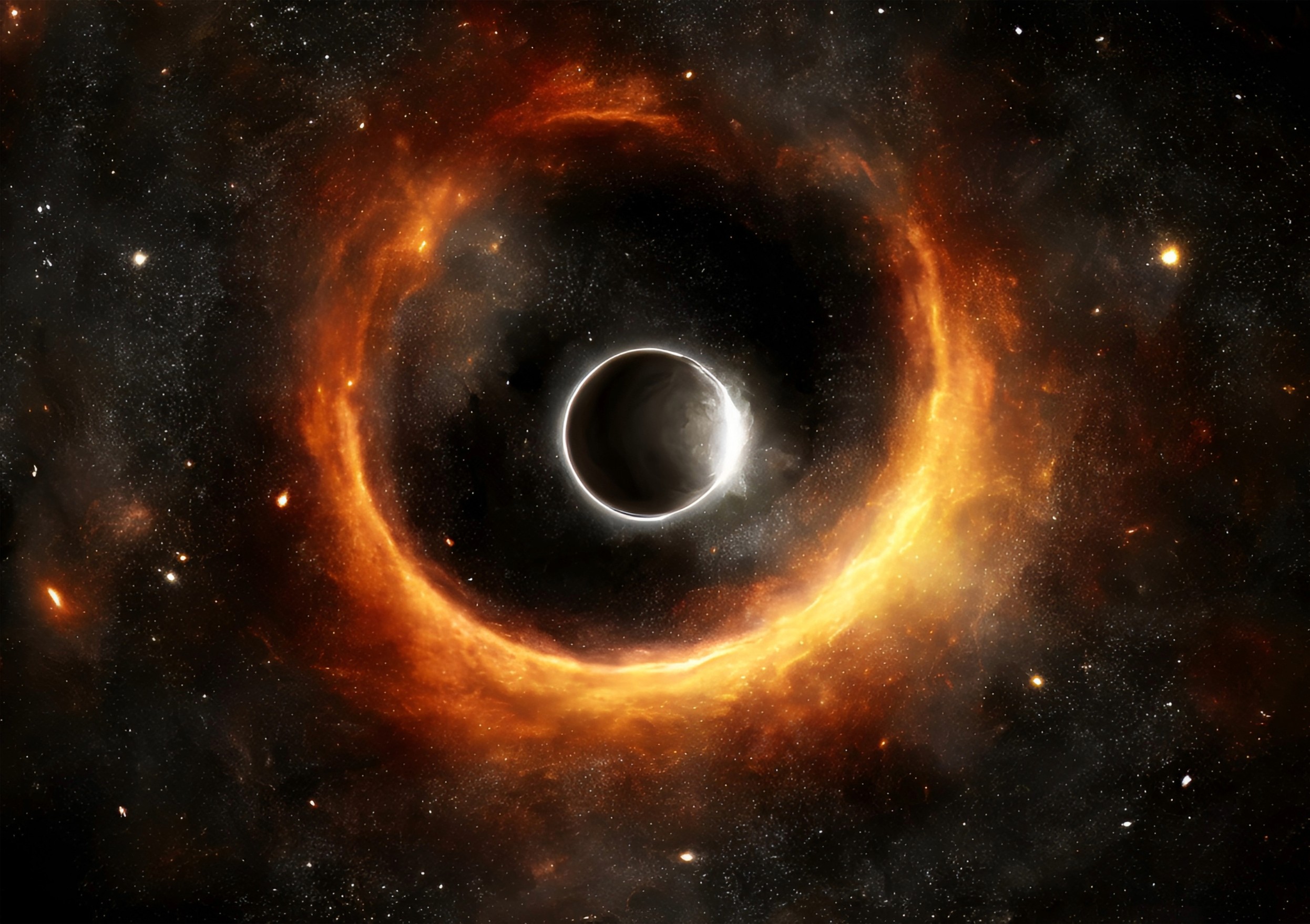
The study suggests Sagittarius A* likely formed through a merger with another black hole, explaining its spin and misalignment.

The latest discovery used the Hubble Space Telescope (HST) to spot three bright, visible light 'hot spots' deep inside a pair of colliding galaxies.

WASP-76b is tidally locked to its host star, so intense winds encircle the planet. They contain high quantities of iron atoms that stream from the lower to upper layers around the atmosphere.
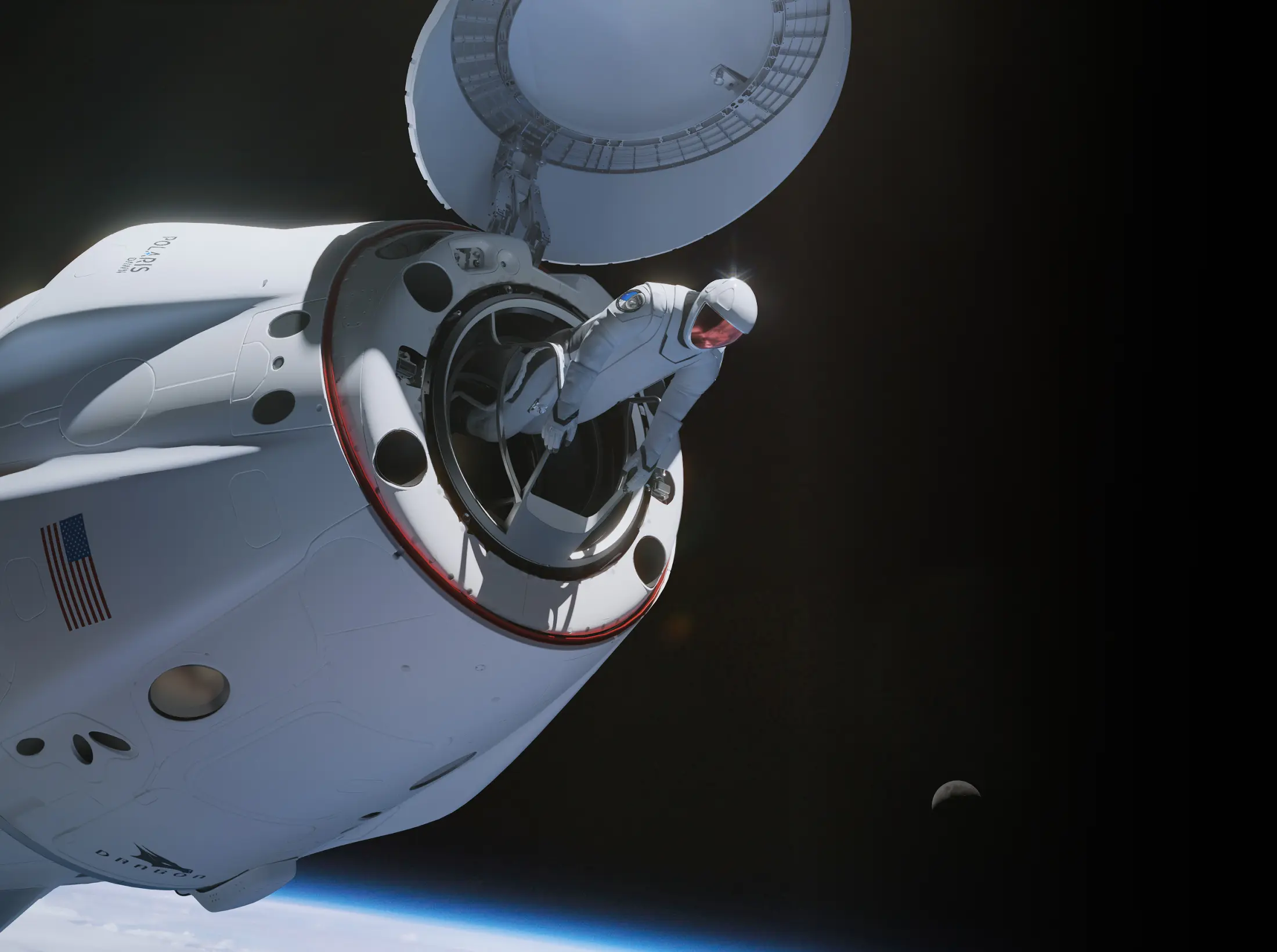
For five days, the crew of the Polaris Dawn mission orbited Earth while completing a number of objectives that could one day bolster humanity's yearning to explore deep into the cosmos.
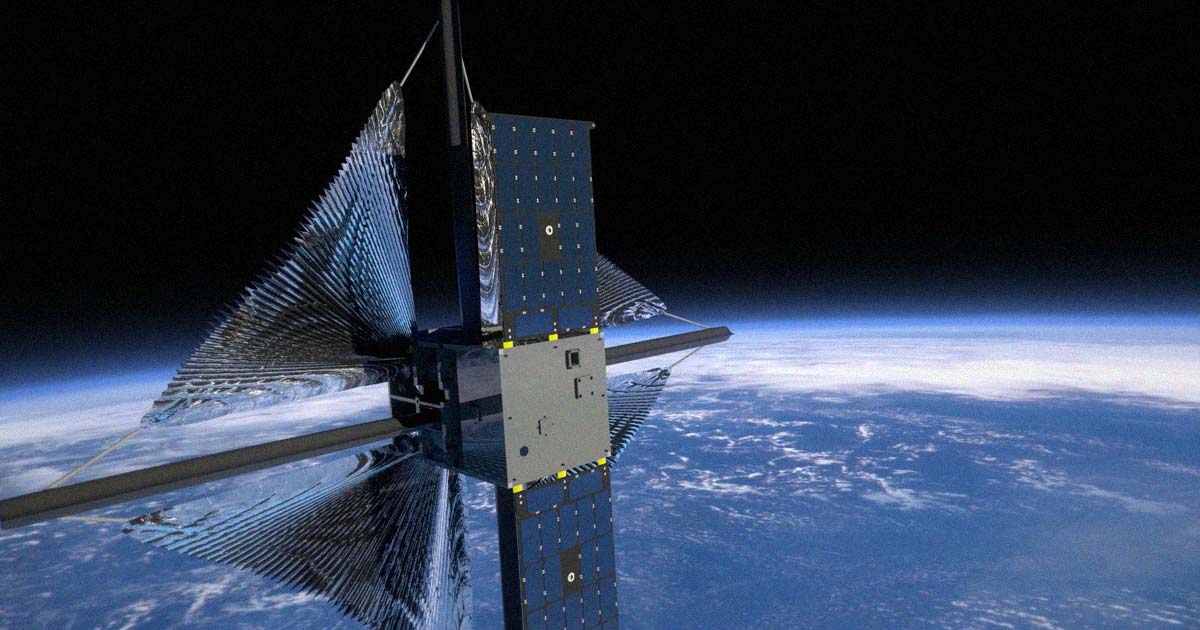
A solar sail is designed to capture the tiny amounts of radiation pressure exerted by sunlight to propel a spacecraft to incredible speeds.
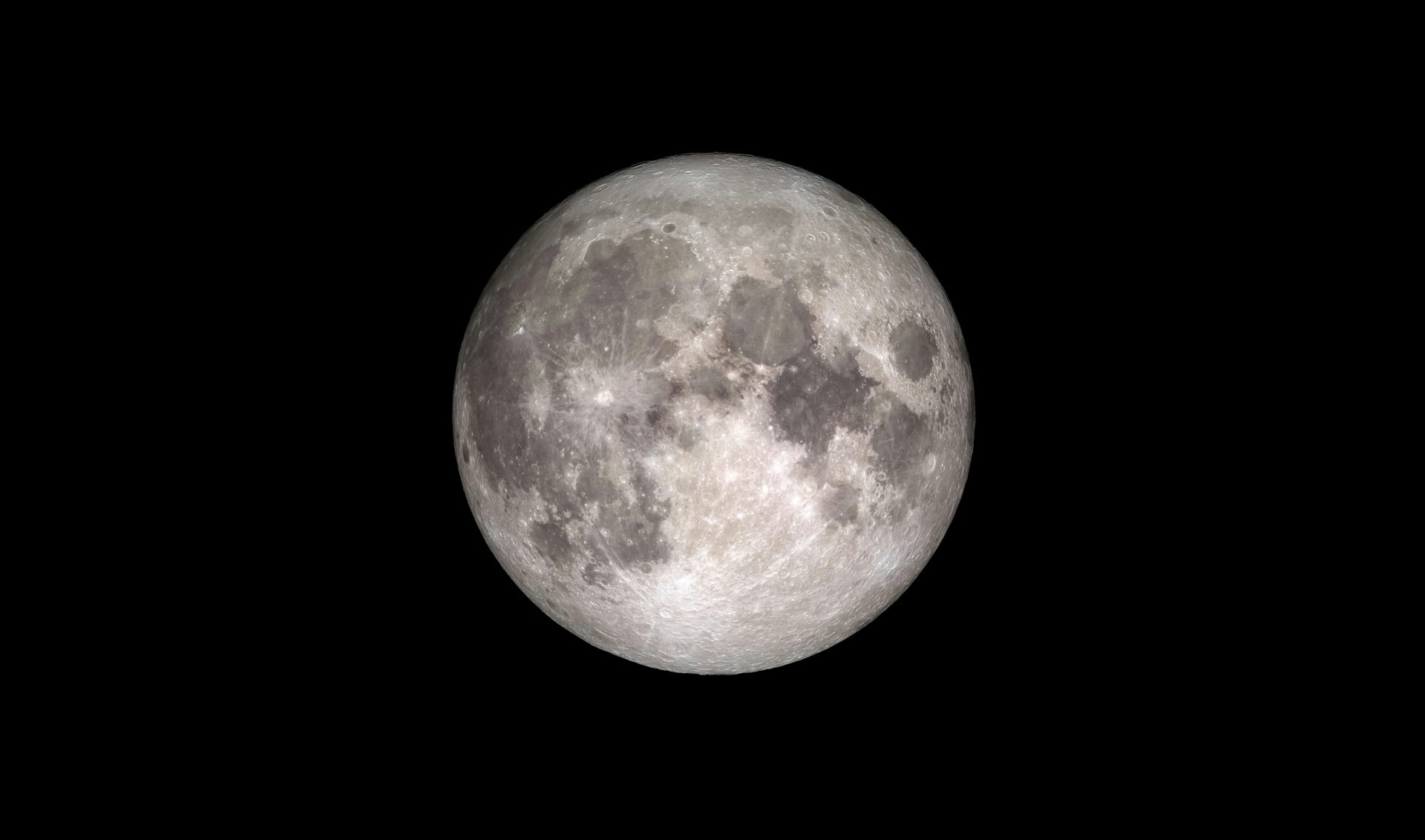
Volcanoes were erupting on the Moon as recently as 120 million years ago, evidence collected by a Chinese spacecraft suggests.

Look hard enough at the roiling mist of gas and starlight that is our galaxy, and you'll find traces of a violent upbringing.
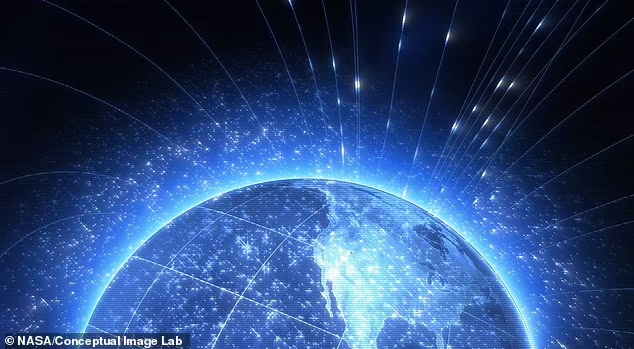
An international team of scientists has successfully measured a planet-wide electric field thought to be as fundamental to Earth as its gravity and magnetic fields.

A team of astronomers working with the James Webb Space Telescope (JWST) has detected six new ‘rogue planets,’ a discovery that could help us learn more about how stars and planets form.

A persistent, nagging problem with the expansion speed of the Universe may not require a rewrite of everything we know about physics.

For years, astronomers thought it was the Milky Way’s destiny to collide with its near neighbor the Andromeda galaxy a few billion years from now. But a new simulation finds a 50% chance the impending crunch will end up a near-miss.
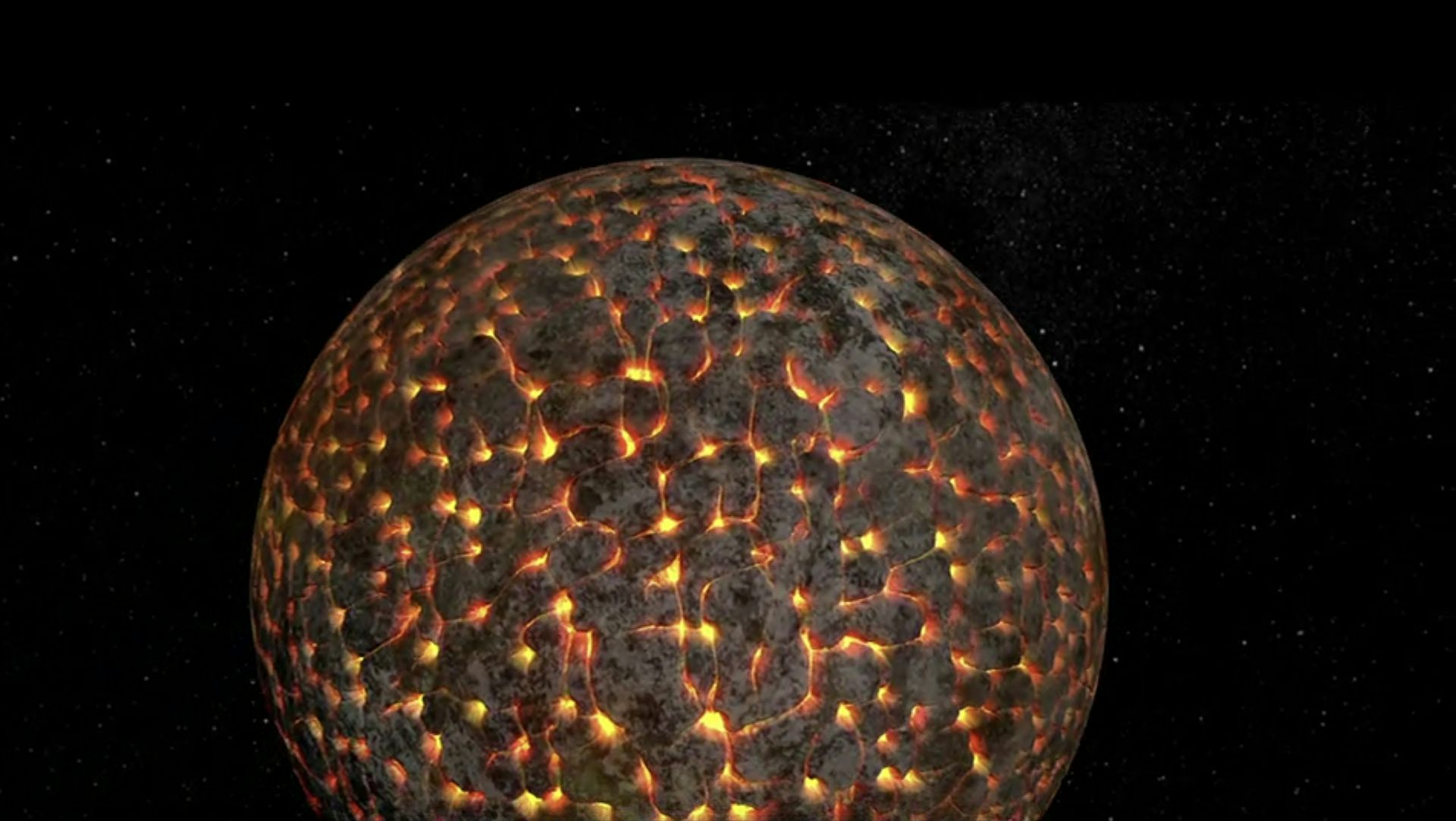
The new study seems to confirm that molten magma covered the Moon's surface shortly after its formation.
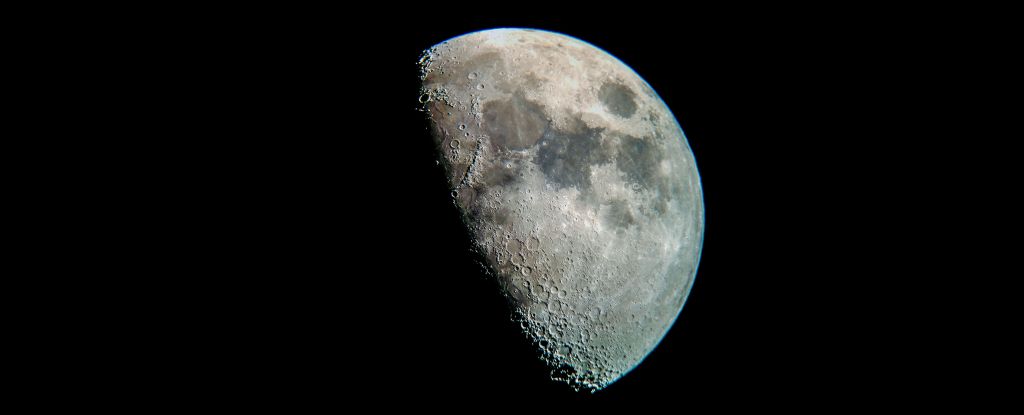
A thorough investigation published in May 2023 found that the inner core of the Moon is, in fact, a solid ball with a density similar to that of iron.
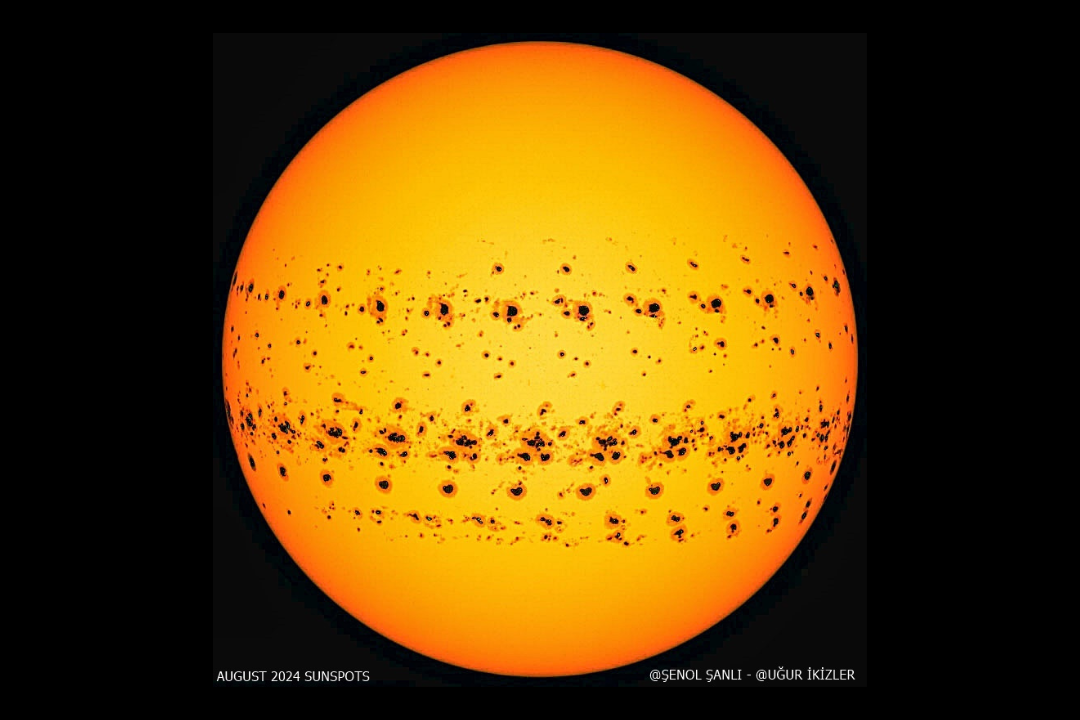
Experts record a record-breaking number of sunspots on the surface of our home star during the month of August.

The signal, recorded in 1977, was at first suspected to be an alien transmission. Now scientists suggest the 47-year-old radio signal was the result of a rare event that caused a massive cloud of hydrogen to shine super brightly.